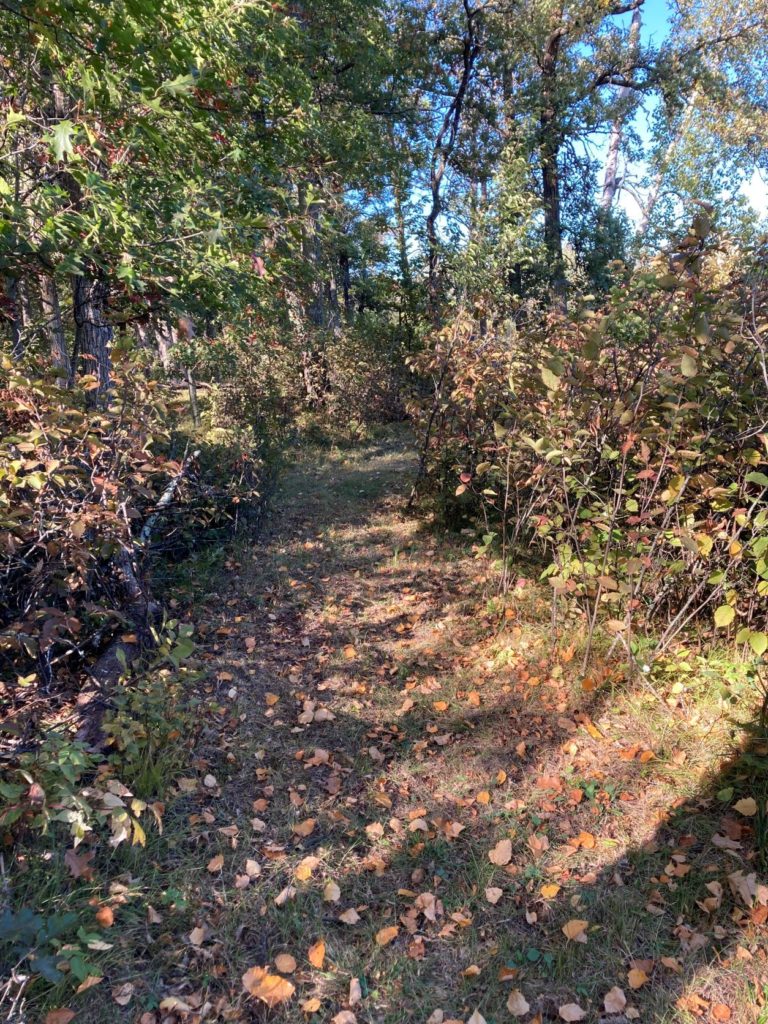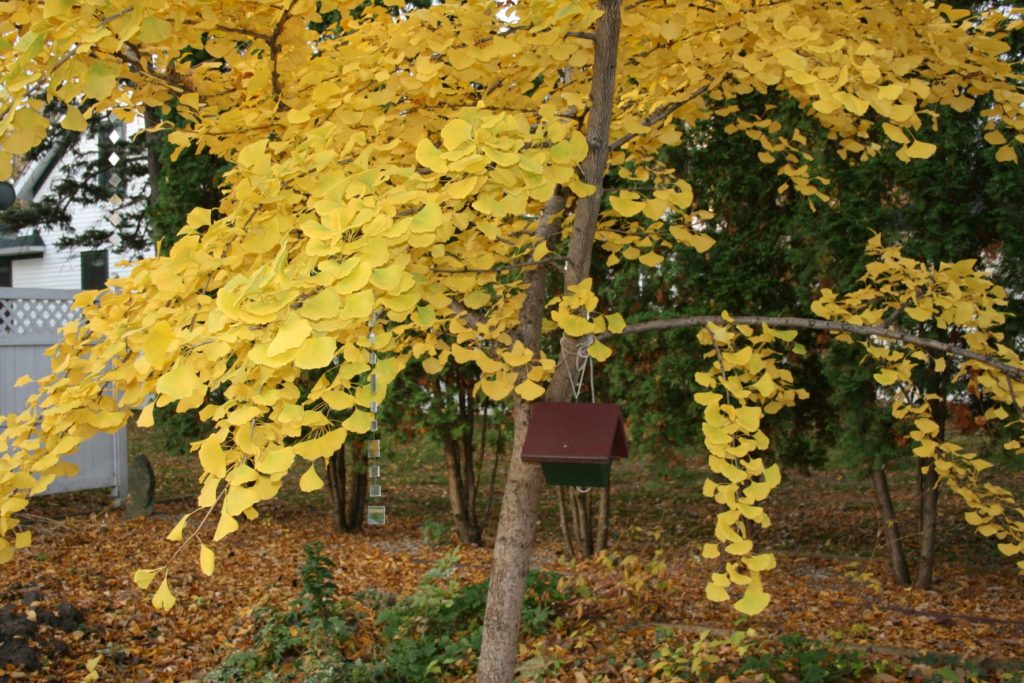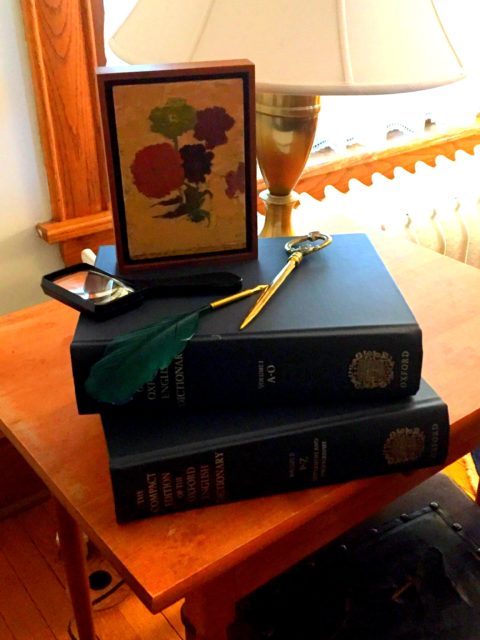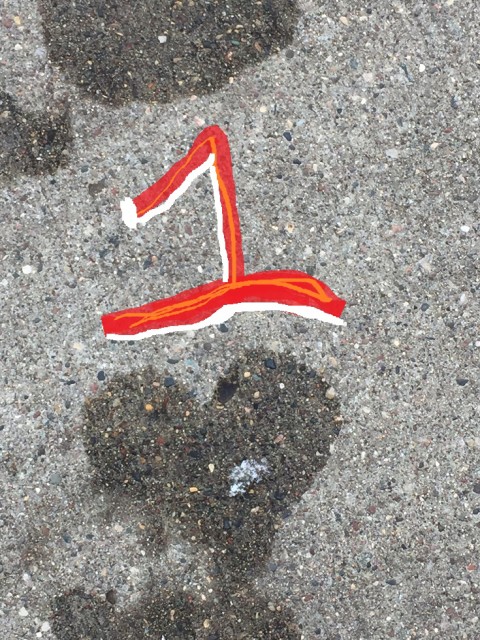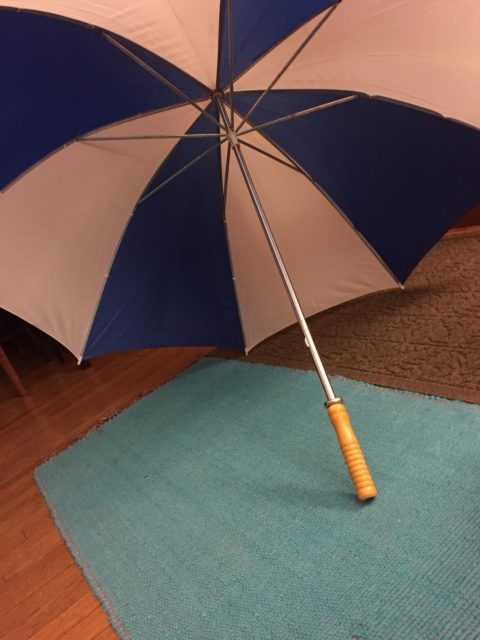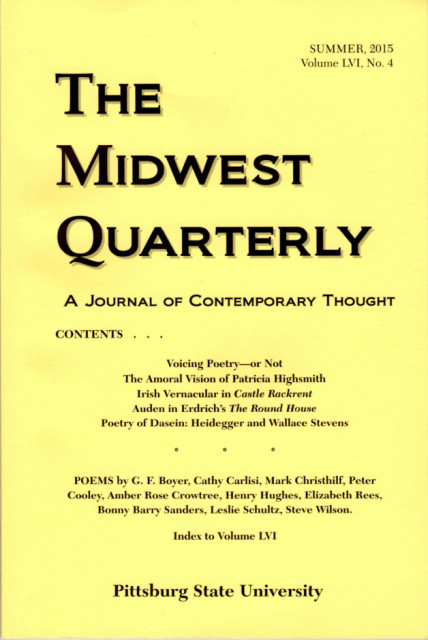
I am really happy to have a poem in this publication, one which I plan to read cover to cover. A glance at the table of contents will explain why.
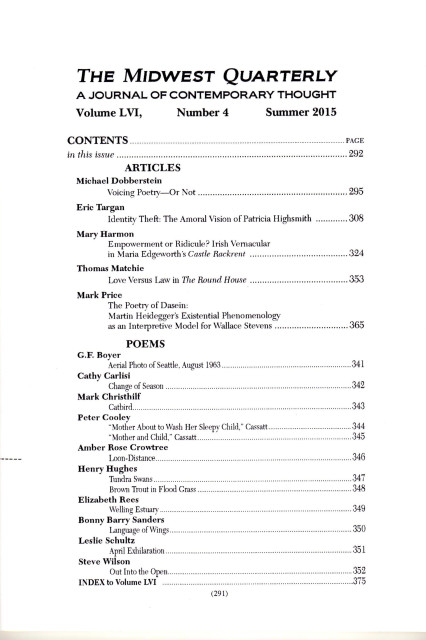
Below is the re-posting, (complete with text of the sonnet, “April Exhilaration”, that is now published in The Midwest Quarterly: A Journal of Contemporary Thought.
Recently my community life and my interior life intersected in a way that surprised me. One recent evening, I attended a meeting of Northfield’s City Council as part of the Arts and Culture Commission, to be part of a discussion about Northfield’s Sidewalk Poetry Project, among other things. That same evening, I read a transcript of a very thoughtful lecture, “T. S. Eliot’s Divine Comedy”, in a marvellous series called The Western Literary Canon in Context by Professor John M. Bowers, published by The Teaching Company. (If you have ever wondered how classic books become classics, this series is a must!)

In addition to putting forward a compelling idea–that Eliot’s three greatest works (“The Waste Land”, the “Ash Wednesday” poems, and Four Quartets) were consciously constructed as parallel responses to Dante’s triune Divine Comedy, Professor Bowers further suggests that Eliot followed Dante’s example in constructing narrative structures for his more lyric reflections in order that they would last, in effect, as a kind of self-conscious canon-building enterprise.
Professor Bowers points out that the western literary tradition tends to be narrative, and that lyrics get lost in the flotsam and jetsam of history and cultural shifts because (in part) strong narratives are easier to recall, retell, and translate. He notes that we have the lyric work of Sappho and Catullus in only fragmentary form; Chaucer’s lyric work (known to have existed) is lost.
I think of my own frustration at being unable to ever to know the lyric accomplishment of Alexander Pushkin, whose work, Russian speakers agree, cannot be adequately translated, not even by such a talented literary master as Nabokov. Simply put, one of the literary forms that means the very most to me, seems (given the evidence of history) to be as fragile and ephemeral as a plucked apple blossom.

Floating Apple Blossom (Photo by Leslie Schultz)
Perhaps that is why the living tradition of Northfield’s Sidewalk Poetry project means so much to me. This project is the catalyst for new work by poets of all ages and embodies the contrast of the short lyric or aphorism–not much longer than the typical electronic tweet–with the lasting solidity of concrete. Others seem to agree.
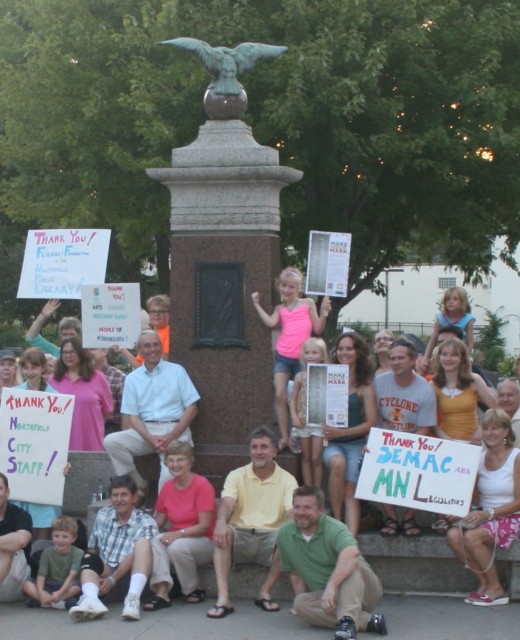
Capstone Event, Sidewalk Poetry, Bridge Square, Northfield, MN (Photo by Timothy Braulick)
I admit that Sidewalk Poetry is not changing the canon of western literature. But here, beside the Cannon River, we are creating a small flow in the opposite direction, speaking up, stepping up, and laying down our collective conviction that the lyric is of enduring value, and a living endeavor.
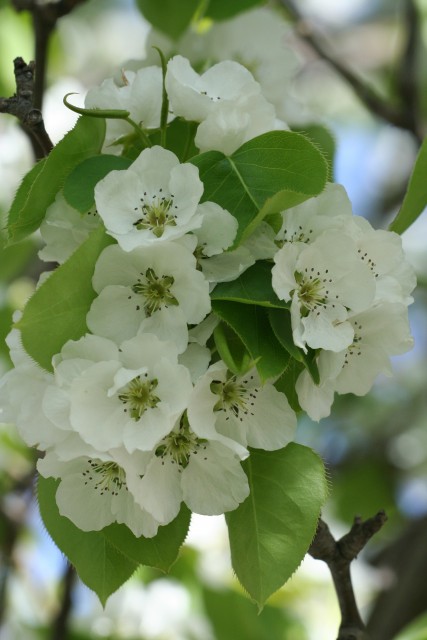
Apple Blossom Cluster (Photo by Leslie Schultz)

Please note: Northfield Sidewalk Poetry is funded by the Southeastern Minnesota Arts Council through the Minnesota arts and cultural heritage fund as appropriated by the Minnesota State Legislature with money from the vote of the people of Minnesota on November 4, 2008.
Click here to read the Northfield Sidewalk Poems.
(Speaking as a Minnesota citizen, I am very proud of my state for recognizing the importance of caring for the land and the arts, two forms of the creative matrix that sustain all of daily life and commerce. I believe we are pioneers in enlightened funding of things that matter to us all.)
Speaking of new work, Eliot, tradition, and the individual talents all around us, I thought I would share a sonnet I wrote one April in Northfield, at a time when I was rereading Eliot. When I came to the famous line “April is the cruelest month…” I thought that my own understanding of April (different land, different time, very different way of seeing the world) is the polar opposite of Eliot’s.
April Exhilaration
(in praise of Northfield, in response to T. S. Eliot)
Once again, spring has cast her lush magic,
her swaying net of red-gold shoots and tight
buds. Sleight-of-hand. Supreme conjurer’s trick,
turning straw lawns wetly green overnight.
The sky goes oyster-grey, the weather wild.
A robin peers at its slick reflection
in a sidewalk pool and cocks its head, beguiled
by beak-flashes of curved, ochre direction.
Whatever is blooming unspools, spilling
colors like ribbons over the granite wall.
Wind crushes the new silk of the tulip, filling
its heart with the cardinal’s scarlet call.
How quickly we forget the winter past!
April is cruel because it will not last.
Leslie Schultz
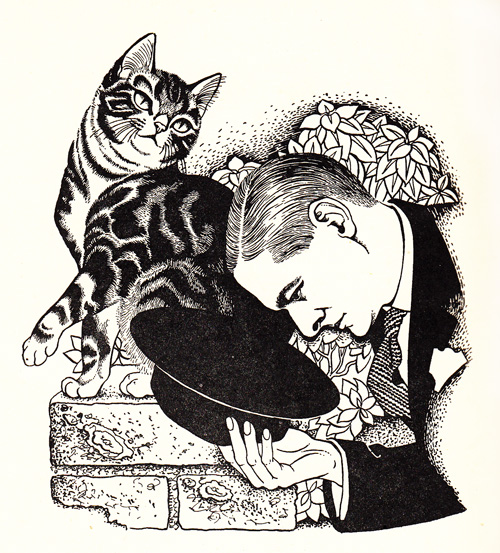
If you haven’t already enjoyed in them, please find copies of T.S. Eliot’s “light” but enduringly delightful poems in his Old Possum’s Book of Practical Cats, basis for the long-running, acclaimed musical, Cats!
Request for Help!
A reader has suggested a wonderful idea for a post, but I can’t do it alone.
The suggestion is to shine the spotlight on the place that independent book stores hold in our landscape. Now, as they are becoming an endangered species, there is more need than ever to celebrate and support independent book sellers. Do you have a favorite independent book store in your part of the world? Please send me a photo or two, their website link, and a few words (or several paragraphs!) on why they matter to you. (If you are lucky enough to have more than one of this increasingly rare species in your vicinity, feel free to send more than one suggestion.) Thanks!

Thank you for reading this!
If you think of someone else who might enjoy it, please forward it to them or post it on facebook. And, if you are not already a subscriber, I invite you to subscribe to the Wednesday posts I am sending out each week–it’s easy, it’s free, and I won’t share your address with anyone.

(Please note: images of T.S. Eliot are in the public domain.)
